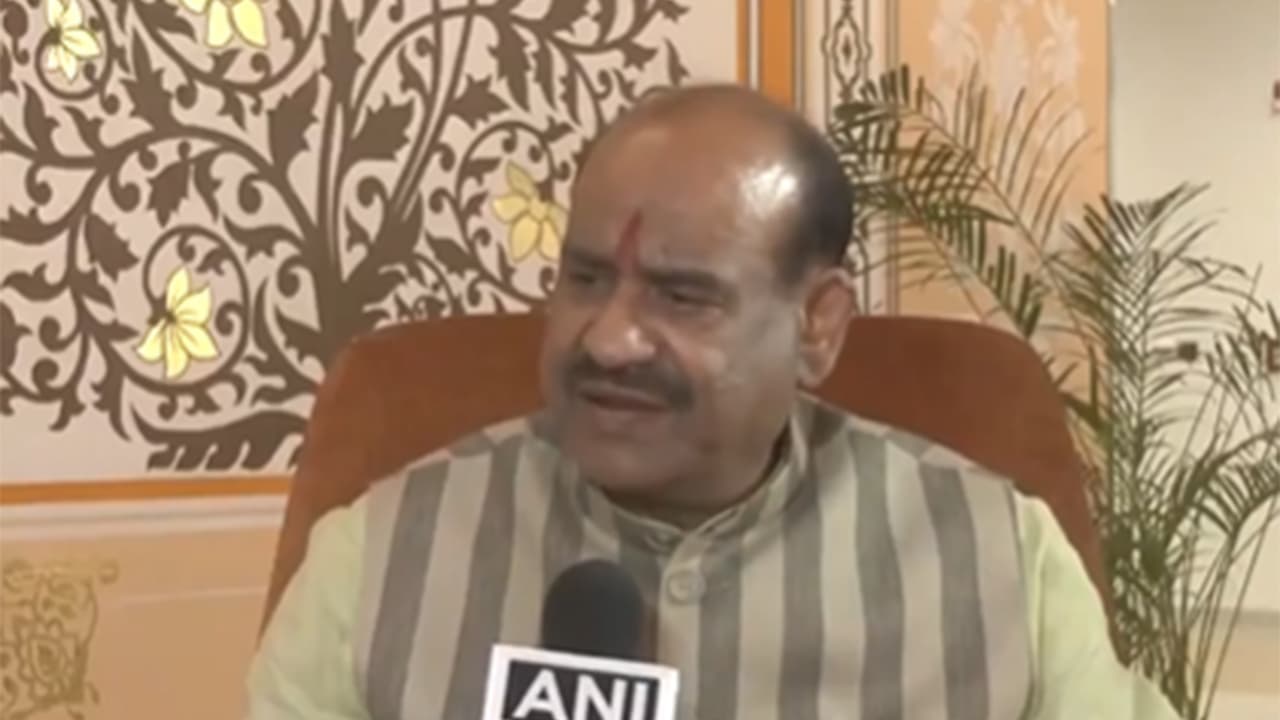Lok Sabha Speaker Om Birla urged parties to uphold democratic traditions for the winter session. He said all institutions have roles and everyone has the right to express views, noting different viewpoints help make transparent policies.
Upholding Democratic Traditions
“Everyone’s views should come forward. The more views that come, the more transparent the policies will become; there will be accountability in governance and administration. Running the House through democratic processes in a democracy has been a good tradition. I urge all parties to continue upholding this tradition in the future as well,” Birla said, answering a query about the winter session of Parliament beginning December 1.
Asked about the opposition parties’ protest over the Special Intensive Revision (SIR) of the electoral list, Birla said in the Constitution, all institutions have their respective roles. “Certainly, our constitutional institutions have been working in the country’s interest. Whether it is SIR or other processes, institutions follow the required procedures. Everyone has the right to express their views.”
The opposition parties strongly protested against SIR in Bihar during the monsoon session of Parliament, leading to frequent adjournments.
Constitution: A Guide to India’s Soul
Earlier, speaking at a Constitution Day event held at Manipal University in Jaipur, Birla said that the Constitution is not just a document of laws, but a guide to the soul of India and our national character. Core values like justice, liberty, equality, and fraternity are the foundation of our democracy, and it is crucial for young people to understand and embody them in their behavior, he added.
Birla said that initiatives like “Know the Constitution” are the need of the hour. He noted that universities, where students from different states and countries around the world study, showcase the most beautiful aspect of India’s diversity. This diversity is our strength, and the Constitution serves to bind it together. He stressed that Parliament is striving to integrate the study of the Constitution more strongly in schools, colleges, and universities. Only when the new generation understands its heritage and democratic traditions will the future of India become stronger.
He said that universities should become global centers of innovation and research, paving the way for a developed India. The Speaker noted that the Constitution-making process was a continuation of the freedom movement. He added that the country gained independence after a long struggle, non-violence, renunciation, and countless sacrifices, according to a release. However, the challenge of nation-building was even greater, with hundreds of princely states, cultural diversity, and numerous ideologies. It was under these circumstances that Dr. Babasaheb Ambedkar, Dr. Rajendra Prasad, Sardar Patel, and Maulana Azad, along with all the members of the Constituent Assembly, held extensive discussions for three years and drafted a Constitution that guarantees justice and rights to every citizen.
Role of Youth and Education
The Speaker said that India’s greatest strength in the coming years will be its youth, a balanced blend of knowledge, innovation, technology, and culture. He said that India’s youth are making significant contributions to addressing global challenges, including climate change, medicine, disaster management, and technology.
He said that educational institutions should further strengthen constitutional values, a sense of duty, and a sense of national interest in students. (ANI)
(Except for the headline, this story has not been edited by Asianet Newsable English staff and is published from a syndicated feed.)
